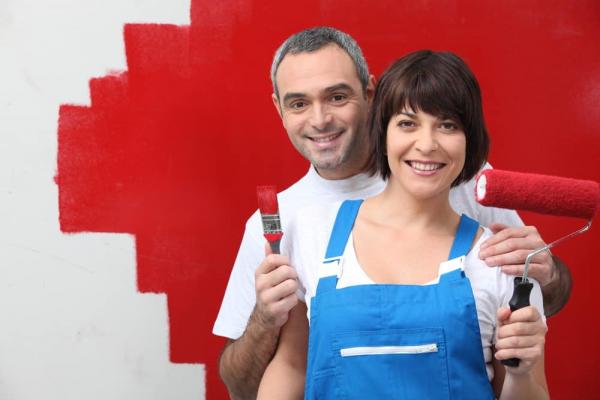
If you are thinking about taking out a second mortgage or home equity loan, here are some things to consider before you pull the trigger.
Challenges
During the Great Recession that began in 2008, home values dropped precipitously. Home equity loans often became worthless to the banks that made them. Home equity evaporated, and such lenders often found it was best to simply write off the loans rather than foreclose when people stopped making payments. That makes it harder for borrowers to get a home equity loan today.
Purpose
Using your home equity to make home improvements makes the most sense. If you are making changes that will increase the value of the home such as, adding a room, finishing a basement or upgrading the kitchen, borrowing against the value of your home is sensible (if you can afford to make such upgrades without borrowing, that would be even better). Borrowing against your home equity to buy a car is unwise, if only because car loans are often issued at lower interest rates than home equity loans. Borrowing against your home equity to pay off other debts is not crazy, but it could easily mean that you'll be paying on goods and services long since consumed for a decade or more, making them much more expensive.
Home equity
If you borrow against your home equity - it's gone. If your home is worth $200,000, and your mortgage has a balance of $150,000 and you borrow $30,000 and spend it on anything other than home improvements, your home equity is theoretically $20,000, but if you need to sell your home for any reason, by the time you pay a real estate broker's commission and other costs, there is virtually no equity remaining.
Loan or line
Most banks offer home equity loans that are fixed term loans with monthly payments like your mortgage or car payment and they also offer home equity lines that work like credit cards - in fact they often come with credit cards that can be used to access them. The prices of the two products are generally similar.
Shop and compare
Unlike home mortgages, which are standardized to the point that everyone offers virtually identical rates, home equity loan rates vary. Don't just accept the rate quoted by your local bank. Check BankRate.com for the best rates available in your city and circumstance.
Consider refinancing
If you have at least 30 percent home equity and need 10 percent or less of your home's value, consider refinancing your first mortgage and taking some additional cash out. First mortgage lenders generally won't allow you to take cash out if your mortgage exceeds 80 percent of the value of the property. If circumstances fit, you may be able to save money on your first mortgage compared to the rate you're paying now and get the new money you need at a lower rate of interest than you could with a second mortgage.
Homes are the foundation of a family's financial future. The ability to borrow money against the equity of a home is one of its great features. Don't waste that ability; use it to avoid an expensive move or solve a crisis in a real pinch. Otherwise, let that equity grow for the long haul to help support a comfortable retirement.
This article was originally published on FamilyShare.com. Check out these other related articles: What are the closing costs I always hear about with mortgages?, Take the mystery out of refinancing your mortgage and How to choose a good mortgage broker (an insider's guide).

